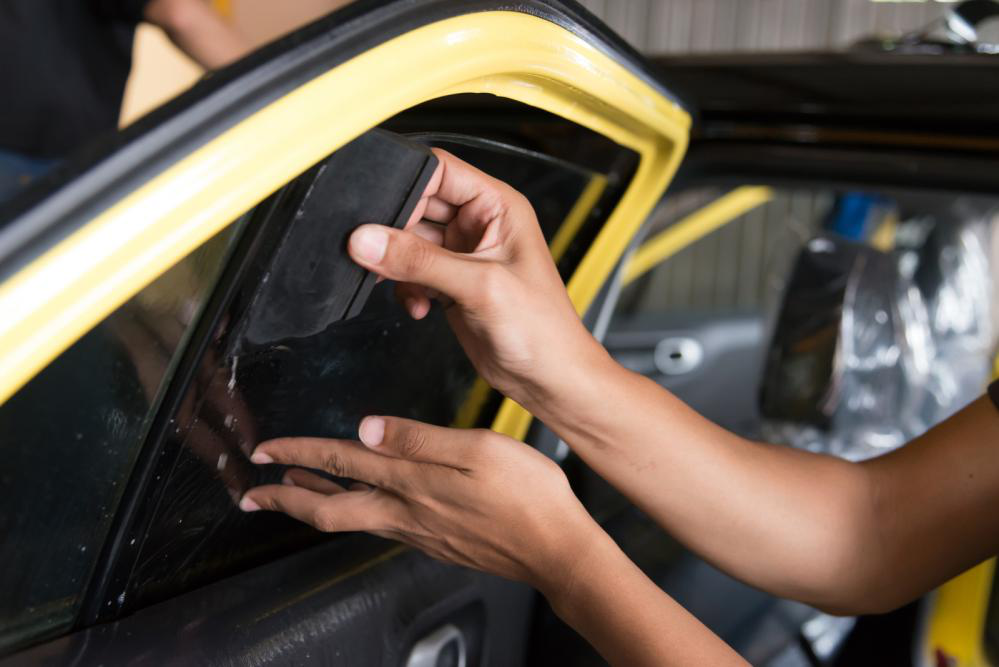Car Tint Laws
10/18/2019
If you are living in a hot and sunny region, you can understand the comfort that comes when your car windows are tinted. You don't have to drive a car with a blazing hot steering wheel. Tinted windows also provide you with a significant level of privacy that you cannot possibly get with transparent windows.
Keeping the benefits of car tints in mind, the rise in the number of car owners opting for tinted windows isn’t surprising. However, this industry is being closely governed by a set of laws. This means that if you are looking forward to installing car tints on your car windows, you have to find out whether your state is tint-friendly or not. Wait, what? Most people act surprised when they are told that many states have restriction on the extent to which you can cover your car windows, and it is pretty reasonable. With dark windows, your visibility will decrease. Since this might lead to fatal road accidents, local laws supervise the extent to which a car owner can apply car tints on their car windows. Window tints are defined by the percentage of visible light transmission levels (VLT) that can pass through the window. A lower percentage indicates that a low amount of light can come through the windows, thus making the interior of the car darker. If the inside of a car is quite dark, it will be difficult for the police to have a look at the occupant of the cars. So for maintaining the law and order situation, state laws define a minimum VLT% for car tints. Tint-Friendly Tints This category includes states with low VLT% requirement. Most states allow a VLT of 35%. Stricter States States like Delaware and California have stringent tint laws. They require VLT of 70% on front side windows. In the same manner, New York and Rhode Island require 70% VLT for rear side and front windows. Following these states are Vermont, New Jersey, Washington DC, New Hampshire, and Michigan that also have strict requirements for car tinting. The strictest of all are Illinois and Texas. Somewhere in the Middle Some states are not as friendly when it comes to car tinting but are relatively softer than the stricter states defined above. These states include Minnesota, Pennsylvania, Virginia, Kansas, Hawaii, Alabama, Wisconsin, Iowa, North Dakota, Utah, Ohio, Louisiana, and Alaska. Available Exemptions Like all laws, tint laws also have some exceptions. If any of the occupants of the car suffers from a medical condition that restricts their exposure to the sun rays, the law allows them relaxation in terms of the tint law. Here are some of the medical conditions that can allow you an exemption with respect to tint laws:
Summary The benefits of car tints are hard to deny. But it is true that car owners need to have adequate knowledge of the law before they opt for car tints.
0 Comments
Your comment will be posted after it is approved.
Leave a Reply. |
Archives
October 2023
Categories |
CompanyCAR TINT PRO OPERATES AS BLACKOUT AZ.
150 W Elliot Rd STE1 Chandler, AZ 85225 480-568-6483 Hours Of Operation Monday – Friday: 8 a. m. – 5 p. m. Saturday: By Appointment Sunday: Closed |
Navigation |
Social |


 RSS Feed
RSS Feed